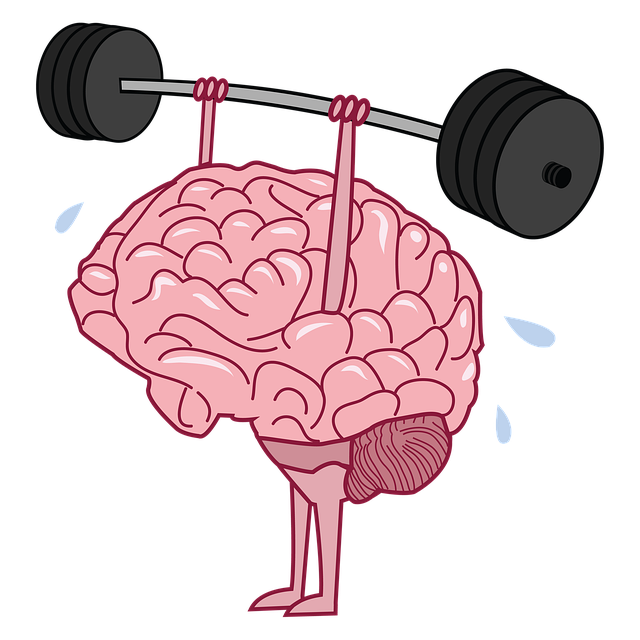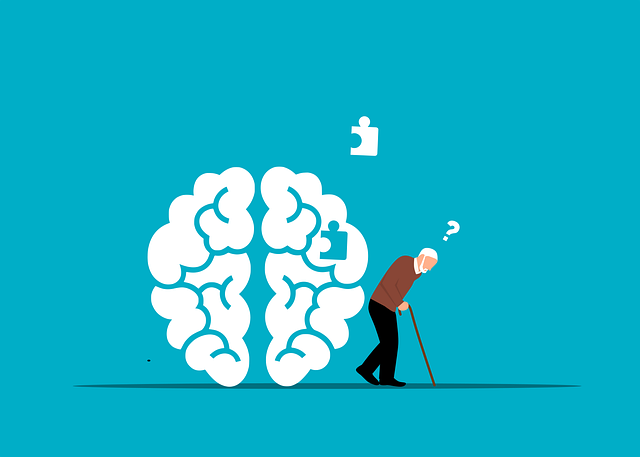Resilience is key to mental well-being, and RFM (Recovery, Resilience, Mental Flexibility) offers an evidence-based framework combining cognitive-behavioral therapy, mindfulness, and positive psychology. By understanding strengths and coping mechanisms, individuals can navigate adversity. Golden Depression Therapy (GDT), requiring a nuanced approach, incorporates techniques from diverse fields to address social isolation and improve access for underrepresented populations. RFM strategies, integrated into daily routines through personalized goals, mindfulness, and problem-solving, build resilience, especially during challenging periods like GDT.
Resilience is a powerful tool in navigating life’s challenges, especially for those dealing with Golden Depression Therapy. This article explores the RFM (Resource, Flexibility, Mastery) model and its pivotal role in fostering mental fortitude. We’ll guide you through designing tailored exercises to enhance well-being, offering practical strategies for implementation. Learn how these techniques can overcome obstacles and promote lasting resilience, providing valuable insights for both individuals and therapists seeking effective Golden Depression Therapy solutions.
- Understanding RFM and Its Role in Resilience Building
- Designing Effective Exercises for Golden Depression Therapy
- Implementing RFM: Strategies for Success and Overcoming Challenges
Understanding RFM and Its Role in Resilience Building

Resilience is a key aspect of mental well-being, especially in the face of adversity and challenging life events. RFM, or Recovery, Resilience, and Mental Flexibility, is a framework designed to help individuals build resilience and cope with stress. This approach draws from various evidence-based practices, including cognitive-behavioral therapy, mindfulness techniques, and positive psychology interventions. By understanding one’s strengths, resources, and coping mechanisms, individuals can better navigate difficult situations, fostering a sense of control and empowerment.
The concept is particularly relevant in addressing issues like the Golden Depression Therapy, where traditional treatments may not fully capture the complexities of mental health struggles. RFM provides a holistic approach to healing by not only treating symptoms but also equipping people with tools to manage their emotional well-being independently. Moreover, its integration into Community Outreach Program Implementation and Stress Management Workshops Organization can enhance overall community resilience, offering support systems and skills for individuals to thrive in the face of life’s challenges.
Designing Effective Exercises for Golden Depression Therapy

Designing effective exercises for Golden Depression Therapy (GDT) requires a nuanced approach that targets specific symptoms while promoting resilience. The goal is to create activities that encourage individuals to challenge negative thought patterns, develop coping strategies, and enhance overall well-being. Exercises should be tailored to individual needs, incorporating techniques like cognitive-behavioral therapy elements to reframe negative perspectives.
Social Skills Training, Mental Health Policy Analysis and Advocacy, and Healthcare Provider Cultural Competency Training can all inform the creation of comprehensive GDT programs. By integrating these aspects, exercises can address social isolation, promote understanding of mental health issues, and improve healthcare access for underrepresented populations. This multi-faceted approach ensures that the therapy resonates with diverse individuals, fostering a supportive environment conducive to healing and resilience building.
Implementing RFM: Strategies for Success and Overcoming Challenges

Implementing RFM (Resilience, Flexibility, and Mastery) strategies involves a multi-faceted approach tailored to individual needs. To ensure success, it’s crucial to integrate these exercises into daily routines seamlessly. This can be achieved by setting realistic goals, starting small with manageable tasks, and gradually increasing challenge levels as resilience grows. Utilizing diverse techniques like mindfulness, cognitive reframing, and problem-solving training equips individuals with tools to navigate life’s curveballs effectively.
Overcoming challenges in RFM implementation demands patience, understanding, and a nuanced approach. Barriers such as resistance to change or lack of motivation can be addressed through open communication, education on the benefits of mental wellness and emotional healing processes, and tailoring exercises to align with personal interests. Incorporating these strategies within a supportive environment, coupled with advocacy for Mental Health Policy Analysis, fosters a sense of empowerment, enhancing one’s ability to weather even the most formidable storms, including those experienced during the Golden Depression Therapy.
Resilience is a powerful tool against Golden Depression Therapy, and Implementing RFM (Resilience-focused Mindfulness) exercises offers a promising approach. By combining mindfulness practices with understanding one’s RFM score, individuals can effectively navigate their mental health journey. These strategies not only provide a framework for success but also offer ways to overcome common challenges. With dedicated practice, the techniques outlined in this article have the potential to foster resilience and significantly improve overall well-being.











